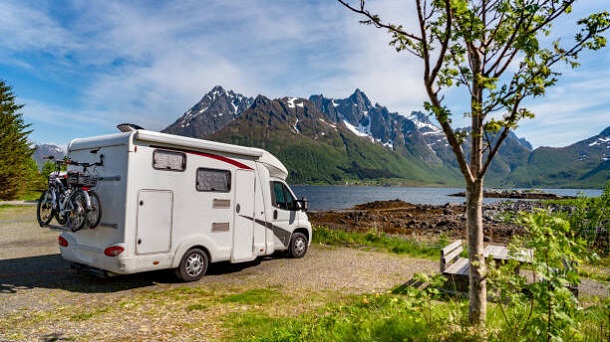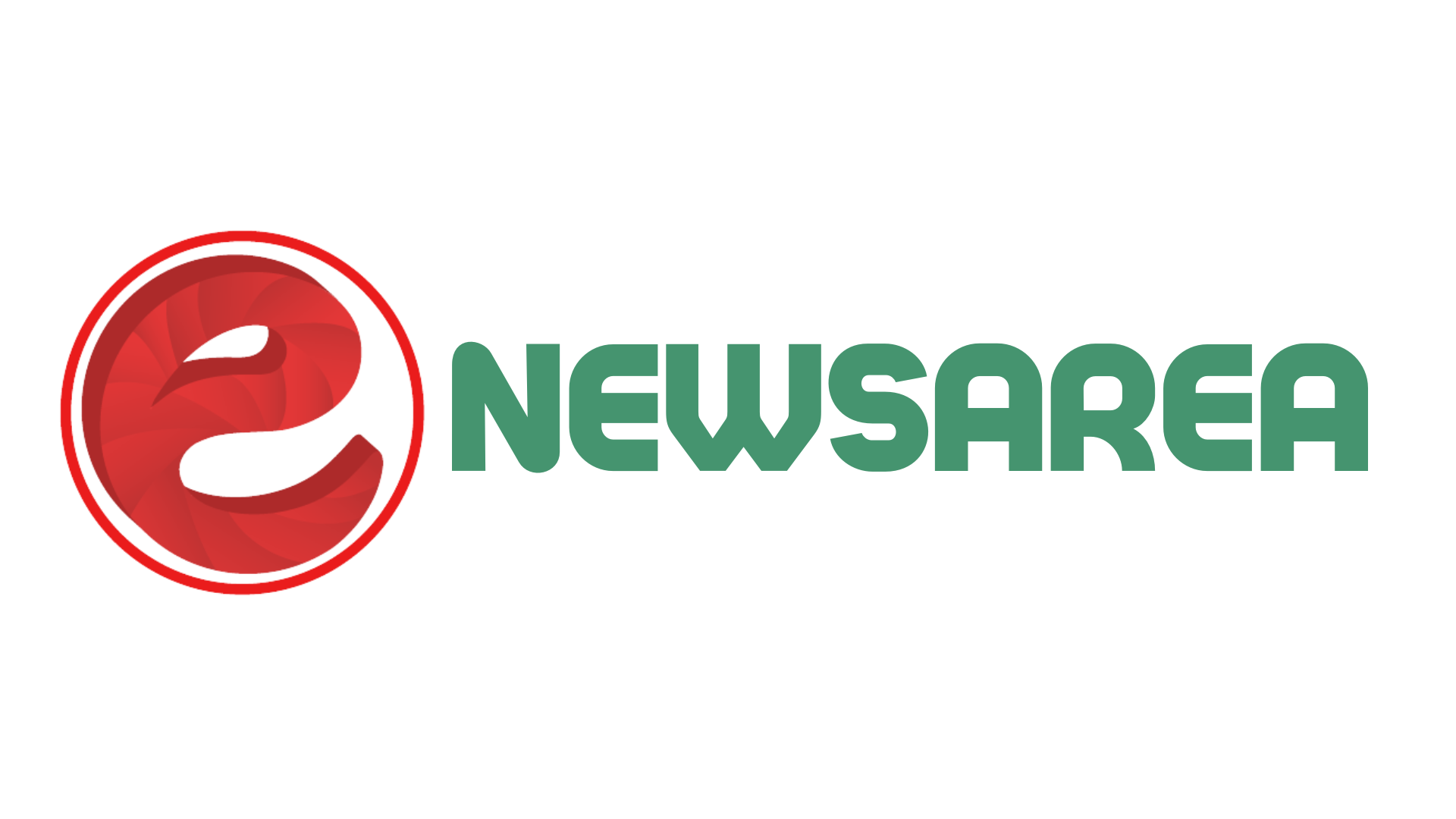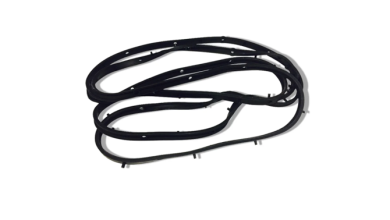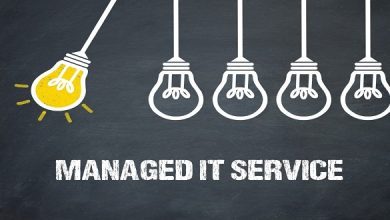How to Assess Your Budget for Buying a Recreational Vehicle

Embarking on the journey of buying a recreational vehicle (RV) is not just a purchase; it’s stepping into a lifestyle of adventure and freedom. However, assessing your budget carefully is vital to ensure this dream doesn’t become a financial burden. So, this guide will take you through the process of budgeting for a recreational vehicle, incorporating everything from initial costs to the potential of getting an RV loan.
The Price Range
These vehicles come in various shapes and sizes, each with a different price tag. From luxury motorhomes to cosy travel trailers, the cost can range from a few to several hundred thousand. So, start by researching the types that suit your needs and lifestyle. Make a list of must-have features and explore the average prices for models that fit your criteria.
Estimating Initial Purchase Costs
The sticker price of an RV is just the beginning. Remember to factor in additional costs like sales tax, registration fees, and any immediate upgrades or modifications you might need. If you’re eyeing a high-end model but find it slightly out of reach, consider looking at gently used vehicles. They often come at a significantly lower cost without compromising much on quality or features.
Considering Ongoing Expenses
Owning one of these vehicles involves more than the initial purchase. Ongoing expenses can include maintenance, storage, insurance, and fuel. These costs may vary widely depending on the vehicle’s size, age, and how often you use it. So, create a yearly budget for these expenses to get a realistic picture of what you can afford.
Exploring Financing Options: Get an RV Loan
For many, buying a recreational vehicle outright can be a financial stretch, and this is where financing can help. Getting an RV loan can spread the cost over several years, making it more manageable. So, research different lenders and compare interest rates, terms, and any penalties for early repayment. Remember, the longer the loan term, the more interest you’ll pay over time.
Calculating Total Ownership Costs
To truly understand what you can afford, calculate the total cost of ownership. This includes the purchase price (minus any down payment), interest on your loan, and ongoing expenses. So, use a loan calculator and understand how your monthly payments and overall cost are affected by different loan terms and interest rates.
Assessing Your Current Financial Health
Before taking the plunge, take a hard look at your current financial situation. Do you have a stable income? Do you have enough savings for a down payment and unexpected repairs? Ensure that buying an RV will put minimal strain on your other financial obligations and goals.
Planning for the Unexpected
RVs, like any vehicle, can have unexpected repair needs. So, set aside an emergency fund specifically for your vehicle to cover any surprise expenses. This fund can also be useful for upgrades or enhancements you might want down the line.
Weighing the Pros and Cons of Your New Life
While the idea of hitting the road in an RV is exciting, it’s important to consider the lifestyle changes it brings. Will you use the vehicle enough to justify the cost? Are you prepared for the realities of its maintenance and travel? Weigh these factors to ensure you’re making a decision that aligns with your lifestyle and financial goals.
Conclusion
Buying an RV is an exciting venture that opens up a world of travel opportunities. By carefully assessing your budget, understanding the total costs involved, and considering financing options like getting an RV loan, you can make a well-informed decision. Nevertheless, an RV isn’t just a vehicle; it’s a home on wheels, an investment in a lifestyle of exploration and freedom. So, with the right financial planning, you can go on this adventure with confidence and peace of mind.



